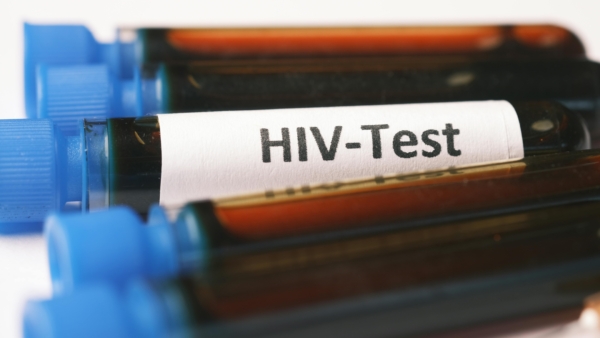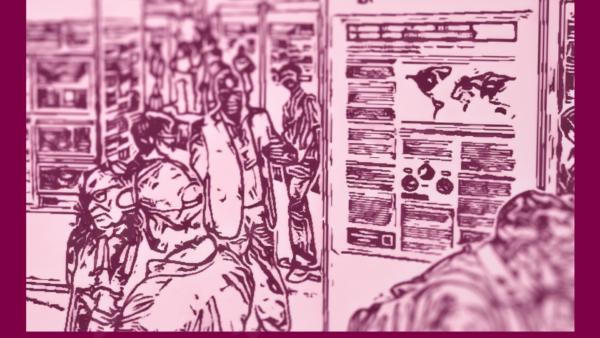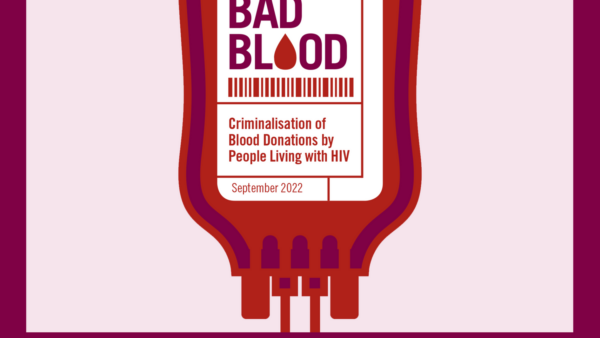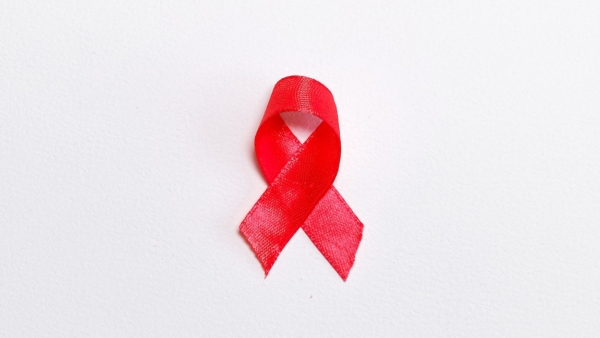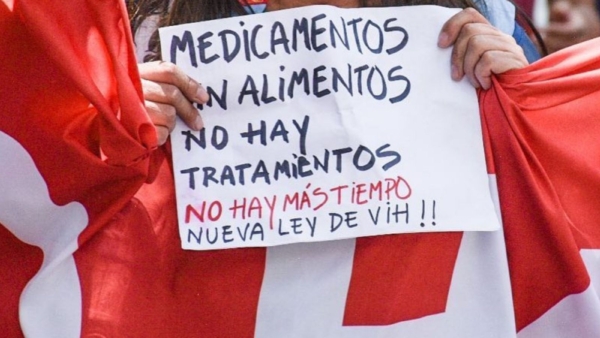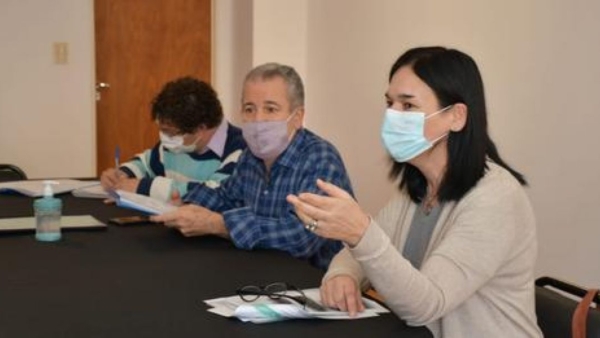Overview
Argentina does not have any HIV-specific criminal laws, however general harm and disease provisions have been used to prosecute cases of perceived HIV ‘exposure’ and transmission.
Prosecutions for HIV exposure or transmission in Argentina have been based on the general injury provisions (Articles 89-91) and the offence of ‘spreading a dangerous and contagious disease’ (Article 202), within the Penal Code. The provisions carry penalties of up to 10 and 15 years’, respectively. Both offences also apply in cases of professional negligence, but with reduced penalties.
Cases are also charged under an archaic 1936 statute, Law 12.331 on Prophylaxis, Article 18 of which states that anyone who is living with a ‘communicable venereal disease’ who ‘infects another person’ is liable to punishment under Article 202 of the Penal Code. This law was largely unused until the COVID-19 pandemic when it gained some attention after a case concerning alleged COVID-19 ‘exposure’ was reported in the media.
The Penal Code also provides for an enhanced sentence under the ‘sexual abuse’ provision where the defendant is living with a sexually transmitted disease and there is a perceived ‘danger of infection’.
We are aware of several HIV-related criminal cases in Argentina. The first took place in Rosario, Santa Fe, in May 2003, in which a man was convicted of inflicting ‘very serious injuries’ with ‘eventual intent’ for allegedly passing on HIV to his female partner without previously having disclosed his HIV-positive status. He was given a three-year suspended prison sentence.
Cases were reported sporadically over the following two decades. The second case in 2011 involved a case of blood donation. A man was arrested six years after an incident in which he allegedly gave blood following a request by doctors at a hospital where his father was being treated. The man did not declare that he was living with HIV and used his brother’s ID to give the donation. Eventually the blood was transfused to a young woman, and HIV was transmitted to her. The outcome of the case is not known and it is not clear under which law the defendant was charged, but it may have been Article 202 which criminalises the spread of ‘a dangerous and contagious disease’ (see our report, Bad Blood, for a global analysis of the criminalisation of blood donations).
The third case took place in Mendoza in 2015, involving a woman who alleged that her former partner intentionally transmitted HIV to her. She claimed that her partner did not disclose her status and did not agree to use protection. Eventually the women became positive for HIV. The outcome of the criminal case is unknown.
In October 2021, a 22-year-old man was sentenced to three and a half years imprisonment under the ‘aggravated grievous bodily harm’ provision. The man was allegedly aware of his HIV-positive status and had unprotected sex with a previous partner without informing her that he was living with HIV. While he was charged under another offence criminalising the spread of contagious diseases, the Court convicted him under the general harm provisions.
In June 2022, the Chamber of Senators signed into law a new statute which advocates for a comprehensive public health approach to tackling HIV, hepatitis, tuberculosis and other diseases in an attempt to reduce stigma. The law, which replaces a 1990 law on HIV, includes provisions designed to aid prevention, diagnosis, and treatment, and enshrines a right for people living with STIs including HIV to receive comprehensive assistance, be treated with dignity and respect without discrimination or criminalisation, and have their rights to privacy and confidentiality protected. It also aims to protect them in employment and education, banning medical exams and testing for these conditions prior to or during employment or enrolment in education, and bolstering protections against termination of employment on the basis of STI status. The law also provides for full access to information and healthcare for people living with these conditions, including for women and their children, and creates a scheme of ‘exceptional retirement’ with financial benefits for people over 50 living with HIV and hepatitis for 20 years. The law was praised by UNAIDS for its rights-based approach following its adoption.
Despite this positive legal development and the established right of people living with HIV to be free of criminalisation, the general criminal provisions used to criminalise HIV remain in place, and reports of prosecutions of people living with HIV continue. In fact, the rate of reported criminalisation has increased since the law was adopted. Some of the cases reported since the passage of the HIV law in 2022 include:
- In September 2022, a pregnant woman living with HIV went for a medical check-up at a clinic in San Luis Province where she was told that she should not breastfeed her baby in order to avoid vertical transmission. The clinic, in communication with a children’s hospital, filed a complaint at a family court, where a judge issued an injunction (medida cautelar) enforcing the clinic’s instructions at threat of arrest of both parents, though no specific offence was referenced. Ultimately, the injunction was dismissed following the intervention of local lawyers, supported by ICW Latina, but the appeal court stated that breastfeeding was not recommended due to a ‘minimal risk of transmission’. Although this case did not ultimately result in criminal charges, it demonstrates the ways in which people living with HIV are subjected to threats of criminalisation and restrictions on their lives even where no criminal conduct has taken place.
- In December 2022, a man living with HIV was arrested and charged with assault. The man was caught by police allegedly breaking the windows of a house and attempting to evade arrest, during which he cut his hand on broken glass. Once apprehended, the man allegedly hit a police officer and smeared blood on him, and then later allegedly spat at hospital staff who were treating his wounds. The man was charged with assault, and it is not clear whether the perceived ‘exposure’ to HIV factored into the decision to charge.
- A case initiated in 2023, with the defence supported by ICW Latina, involved a woman who had been living with HIV her entire life and who was in a committed relationship with a man. She had disclosed her HIV status to him and communicated that she would take occasional breaks from the medication. The partner decided not to use protection, ultimately contracted HIV, and due to refusal of treatment, ultimately died. His family brought a case against the woman which is currently pending.
- In September 2024, a man who was allegedly living with HIV was prosecuted after he allegedly failed to disclose his status to his partner and did not take precautions against transmission. The media report states that the offence was charged under the general harm provision, however it suggests that the prosecutor treated the offence as one of gender-based violence. The man received a three-year suspended sentence as part of a plea agreement, which includes the attendance of a gender-based violence workshop.
- In March 2025, a case was reported which involved conflicting stories between ex-lovers alleging HIV transmission. A woman accused her partner of rape and HIV transmission, while the man accused her of false testimony, claiming she had transmitted HIV to him. The case is currently under investigation.
Laws
Criminal Code of the Argentine Nation - Law 11.179
Article 119 – Whoever sexually abuses a person when the latter is under thirteen (13) years of age or when there is violence, threat, coercive or intimidating abuse of a relationship of dependence, authority or power, or taking advantage of the fact that the victim for any reason has not been able to freely consent to the action, shall be punished with imprisonment or imprisonment of six (6) months to four (4) years.
The penalty shall be from four (4) to ten (10) years of confinement or imprisonment when the abuse by its duration or circumstances of its realization, has configured a sexual submission seriously outrageous for the victim.
The penalty shall be six (6) to fifteen (15) years of confinement or imprisonment when the circumstances of the first paragraph mediate carnal access by anal, vaginal or oral means or when other analogous acts are performed by introducing objects or parts of the body by any of the first two means.
In the cases of the two preceding paragraphs, the penalty shall be eight (8) to twenty (20) years of imprisonment or imprisonment if:
(…)
c) The perpetrator was aware of being a carrier of a serious sexually transmitted disease, and there was a danger of contagion;
Article 202 – Whoever spreads a dangerous and contagious disease for people shall be punished with reclusion or imprisonment from three to fifteen years.
Article 203 – When any of the facts foreseen in the previous sections were committed by imprudence, negligence, imperfection in his art or profession or by nonobservance of the duties in his charge, a fine of five thousand pesos ($5,000) to one hundred thousand pesos ($100,000) shall be imposed; if it resulted in illness or death, imprisonment from six (6) months to five (5) years shall be applied.
Prophylaxis of Venereal Diseases - Law 12.331
Article 18 — Anyone who, knowing they are affected by a communicable venereal disease, infects another person, will be punished with the penalty established in article 202 of the Penal Code.
Criminal Code of the Argentine Nation - Law 11.179
Article 89 – A prison term of one month to one year shall be imposed on anyone who causes injury to another person’s body or health that is not provided for in any other provision of this Code.
Article 90 – Imprisonment or imprisonment of one to six years shall be imposed if the injury causes permanent impairment of health, a sense, an organ, a limb or a permanent speech impediment, or if it endangers the life of the offended party, renders him or her unfit for work for more than one month or causes permanent deformation of the face.
Article 91 – Imprisonment or imprisonment of three to ten years shall be imposed if the injury caused a mental or bodily illness, which is certain or probably incurable, permanent incapacity for work, loss of a sense, an organ, a limb, the use of an organ or limb, speech or the capacity to engender or conceive.
Article 94 – A prison term of one (1) month to three (3) years or a fine of one thousand (1,000) to fifteen thousand (15,000) pesos and special disqualification for one (1) to four (4) years shall be imposed on anyone who through imprudence or negligence, through lack of skill in their art or profession, or through failure to observe the regulations or duties in their charge, causes injury to the body or health of another person.
HIV Justice Network's Positive Destinations
Visit the Argentina page on Positive Destinations for information on regulations that restrict entry, stay, and residency based on HIV-positive status, as well as access to HIV treatment for non-nationals.

